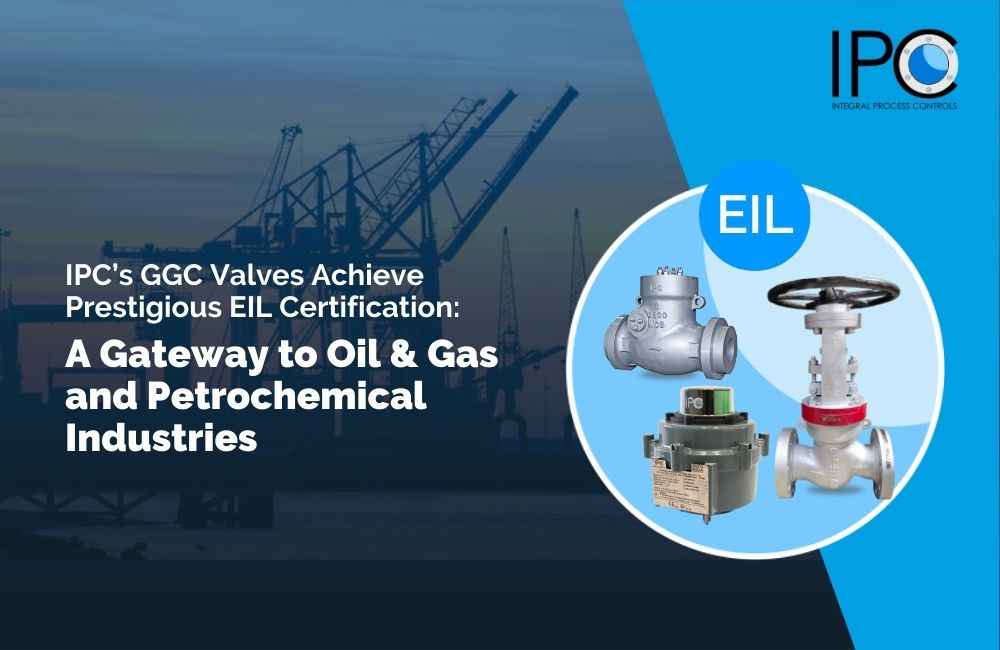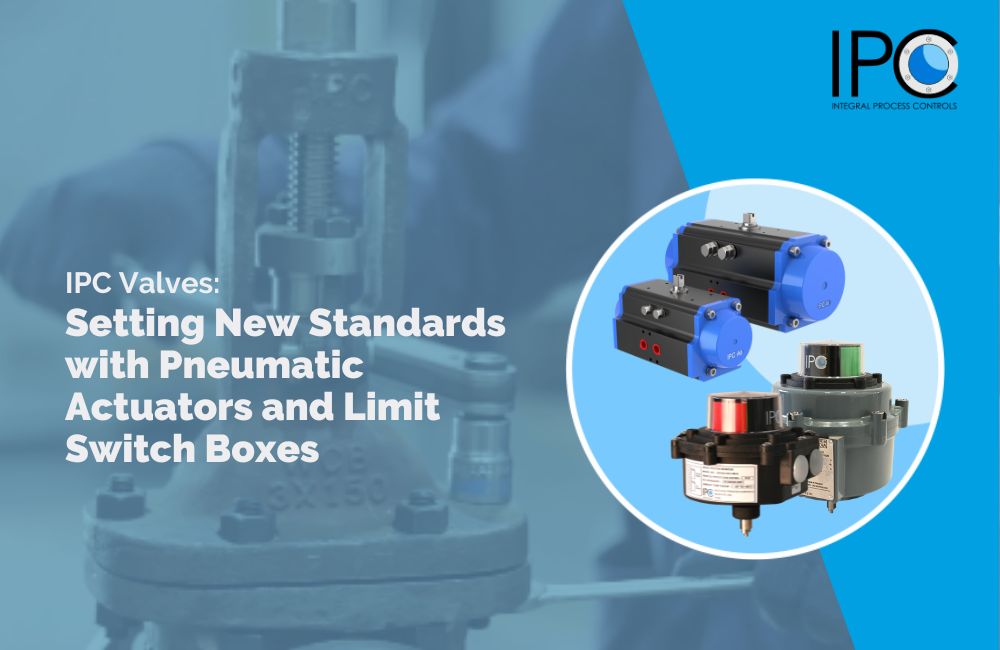Valves play a critical role in regulating, directing, and controlling the flow of liquids, gases, and slurries. Among the key specifications to consider when selecting a valve, pressure rating is one of the most important factors that ensures operational safety, performance, and durability
What is Valve Pressure Rating?
The pressure rating of a valve defines the maximum pressure it can handle under normal operating conditions without compromising its structural integrity. It is usually expressed in terms like PN (Nominal Pressure), PSI (Pounds per Square Inch), or Class (e.g., Class 150, 300) as per standards such as ASME, DIN and etc.
The pressure rating is determined by several factors, including:
• Material composition: The ability of materials (like stainless steel, cast iron, or alloys) to withstand pressure.
• Temperature: Higher operating temperatures reduce the allowable pressure due to various reason.
• Design: The geometry of the valve (e.g., wall thickness, shape of valve body etc.) impacts its strength.
Why is Valve Pressure Rating Important?
Operational Safety
Selecting a valve with the wrong pressure rating can lead to catastrophic failures like leakage, ruptures, or explosions. Ensuring that the valve matches the system’s pressure requirements mitigates these risks.
Performance and Efficiency
Valves that operate below their rated pressure provide reliable performance and maintain system efficiency. Overloaded valves may fail prematurely, leading to downtime and costly repairs.
Compliance with Standards
Many industries, including oil and gas, pharmaceuticals, and chemicals, mandate adherence to specific pressure ratings as per regulatory and safety standards. Choosing compliant valves avoids legal or operational penalties.
Longevity
Proper pressure ratings ensure that valves operate within their limits, extending their lifespan and reducing replacement costs over time.
Adaptability in Dynamic Systems
In systems where pressure fluctuations are common, a higher-rated valve can handle surges without compromising performance.
5 Tips to consider before Procurement
Procuring Industrial Valves, consider 5 Tips from IPC before floating a RFQ
1. Understand System Requirements
Before selecting a valve, thoroughly analyse your system’s pressure and temperature conditions. Every industrial setup operates within a defined range of pressure and temperature. Matching the valve’s pressure rating with these conditions ensures that the valve can handle the operational loads effectively.
2. Evaluate Application Needs
Consider the nature of your application and how the valve will be used. For example Steady-state applications (e.g., water distribution) a standard pressure-rated valve may suffice, However, Dynamic systems (e.g., oil and gas pipelines) Valves need to handle pressure surges or fluctuations with extreme reliability. Applications with abrasive or corrosive media may also require specialized materials or coatings to maintain performance.
3. Verify Standards and Certifications
Industrial valves are governed by strict standards, as per your industry such as API and ISO. Ensuring that the valve you procure adheres to these standards is critical. For example:
• Safety: Properly certified valves are rigorously tested to perform under specified pressure and temperature conditions.
• Compliance: Many industries, including oil and gas, pharmaceuticals, and chemicals, require mandatory certification to meet safety regulations.
IPC Valves, for instance, ensures its products are fully compliant, giving buyers confidence in their selection.
4. Consult with Experts
Valve selection can be complex, especially in high-risk or customized applications. Consulting with valve manufacturers or technical experts can help buyers. Manufacturers like IPC Valves provide technical guidance to help you select the right valve for your application, minimizing risks.
5. Check for Material Compatibility
Beyond pressure and temperature, ensure the valve material is suitable for the media being handled. Materials like stainless steel, cast iron, or alloys perform differently depending on the substance (e.g., water, steam, oil, or corrosive chemicals). For instance:
• Corrosive environments (chemical plants): Valves may require corrosion-resistant materials like stainless steel or Hastelloy.
• High-temperature systems (steam pipelines): Alloys that maintain strength under heat are essential.
Using the wrong material can cause wear, corrosion, or even valve failure, leading to system downtime and costly repairs.
Get in touch with IPC valves to know more
The pressure rating of a valve is a key to ensure performance and safety in industrial setups. Understanding its importance helps industries make informed decisions, ensuring operational integrity and cost efficiency. IPC Valves offers a wide range of high-quality, pressure-rated industrial valves designed to meet the demands of various applications.



